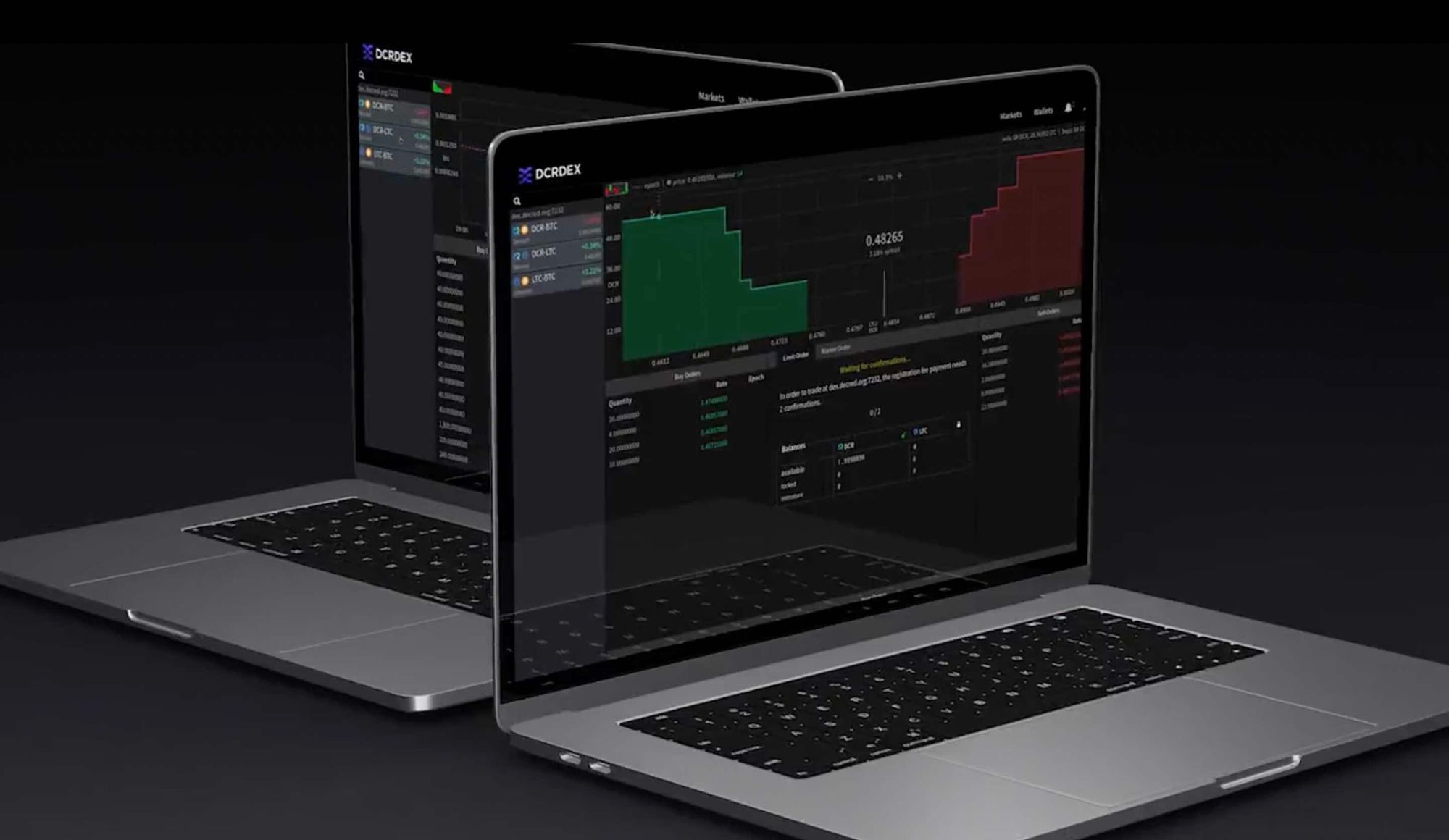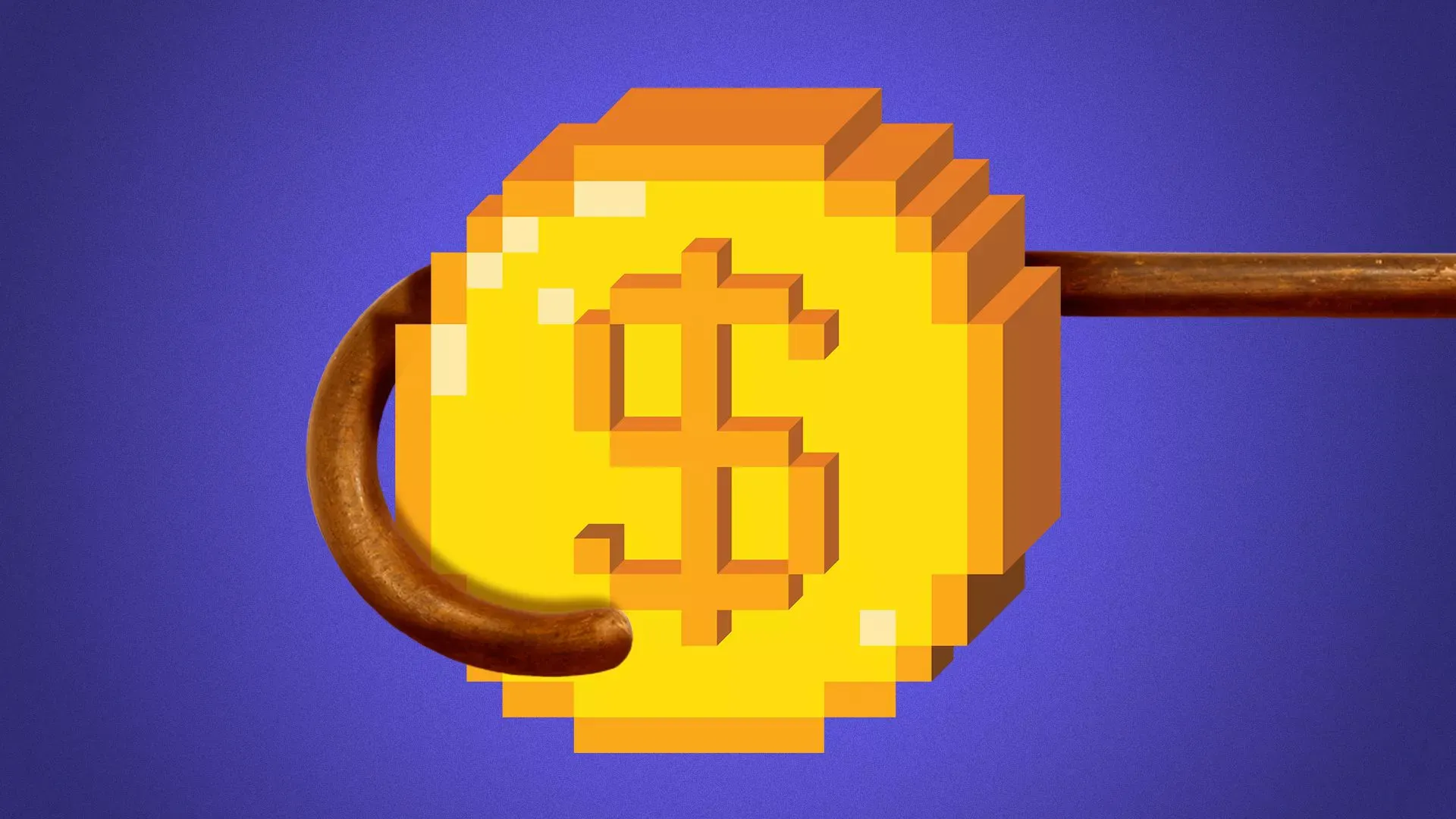Over the past few months, Decred has seen a substantial uptick in media exposure and interest. Last month in particular saw a spike around the release of DCRDEX 0.5.3 and the Litecoin (LTC) Pairs.
Channel Stats:
- Decred CMC followers: 9,903
- Twitter followers: 54,019 (-700)
- Reddit subscribers: 12,647 (+14)
- YouTube subscribers: 4,640 (+10), views: 214K (+2K)
During and leading up to the DCRDEX release, Monde PR helped organise the press release and commissioned Wahid Pessarlay to write an article for Decred Magazine “Decred pushes for highly convenient P2P atomic swaps with DCRDEX v0.5”

MondePR has also successfully organised and pitched a coming news update; a media article and responded to three requests for comments.
Secured the following news articles:
@buck54321 was featured in Authority Magazine's series on the future of money and banking. The piece includes a deep dive on DCRDEX and the benefits of P2P, along with points on the Lightning Network, the importance of self custody, and decentralization.

Extract from article:
Can you tell our readers about the most interesting projects you are working on now?
I work on a number of projects at Decred. Initially, I spent a lot of time helping with our block explorer, which is a website that helps you traverse blockchain data in your browser. I do a lot of wallet software too, but I spend most of my time working on Decred DEX (DCRDEX), a decentralized exchange.
A decentralized exchange is a system by which you can trade one digital asset for another without giving up custody. The process of the exchange is designed to ensure that if one party receives the funds, so does the other. We call this process “trustless”, because we don’t have to trust each other or any third party to facilitate the trade. Such a system is made possible by a blockchain.
How do you think this might change the world?
Unless you keep a laptop with you at all times, using blockchain directly has always been infeasible. The user experience is also something akin to getting your teeth pulled. Centralized services have traditionally stepped in to fill the user experience gap. They hold the lion’s share of digital capital because they make digital assets easy to obtain, hold, and exchange, and they make it all web-accessible. The deal they offer, though, is truly all-or-nothing. “Let us hold all of your coin and personal data, and you can be a row in our database that can be instantly updated.” We see the pitfalls of centralization all the time, though. When we centralize with trusted parties, we create honeypots that attract theft and corruption. This, in turn, necessitates regulation, which creates restricted markets and requires invasive levels of private data collection (and inevitably leaks).
It doesn’t have to be this way. A small subset of problems solved by centralized exchanges are inherent to blockchain, but even for these sticky problems, the solutions offered are overly-parasitic. We now have the technology to deliver a similar user experience without the sacrifice, so that people can reclaim their autonomy, shake off the rent-seekers and gatekeepers, and create a fairer, freer economy.
@jz was quoted in Axios
On how the future of cryptocurrency includes strong privacy guarantees, in response to Huobi Global delisting DCR and six other privacy coins:

Extract from article:
Privacy coins test crypto exchanges' comfort with compliance
The crypto industry's cypherpunkian mettle will be tested as governments and regulators finger privacy tools for possibly enabling criminals doing bad things — in addition to normal people doing mundane things.
Driving the news: Seven tokens are set to be delisted on Sept. 19 from Top 10 exchange Huobi Global, which on Monday sent a shudder through the industry as it cited compliance with the "latest financial regulations" as just cause.
- Token issuers that spoke with Axios expressed disappointment. One said it would fight the decision.
- Exchanges FTX, Binance, Kraken, OKX and Coinbase, as well as Huobi Global, declined to comment.
Why it matters: The "do it yourself" and "don't ask permission" philosophy is a feature of the crypto industry, not a bug.
What they're saying: "Privacy is a basic requirement for any currency to be useful, so it's unfortunate that some exchanges see this as problematic," Jonathan Zeppettini, International Operations Lead at Decred, said in an email responding to Axios. "Especially when all these exchanges by their nature require users to submit personal information in order to trade."








Comments ()